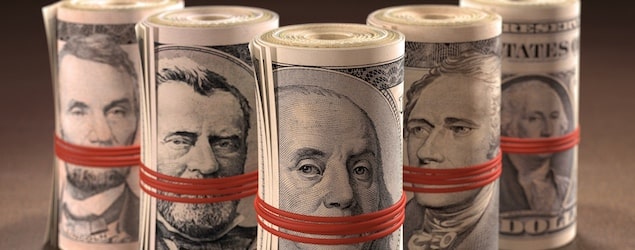It’s Not “Ransom” If You Whitewash the Hostage-Taker

What do you call a payment of money for the release of a prisoner? Yes, it’s a ransom. But not if the recipient is Iran. That, the Obama administration calls a triumph of diplomacy.
You may remember the minor uproar earlier this year when the news broke that, to release four Americans held prisoner in Iran, the Obama administration “secretly organized an airlift of $400 million worth of cash to Iran,” the first installment of a larger payout. An illuminating new essay at Mosaic magazine by Rick Richman brings to light the full story behind the scandal.
First, a refresher. Even though the millions in euros and Swiss francs bound for Iran certainly looked like a ransom payment, the Obama team and its surrogates argued that it was not. Rather, the release of the prisoners just happened to coincide with the settlement of a longstanding legal dispute. The payment, according to the administration, ended a legal case by returning to Iran its “own funds,” including “appropriate interest,” but “much less than the amount Iran sought.”
Notice how this explanation assumes that the two countries are moral equals, and that Iran has legitimate claims that deserve a hearing. To believe that, however, you first have to whitewash Iran’s aggression and persistent state-sponsorship of jihadist groups, going back thirty-plus years. The ransom deal — like the landmark nuclear deal; like earlier concessions, dating back to the ransoming of American diplomats in the 1979-1981 hostage crisis — should be called by its proper name: appeasement.
That comes through in Richman’s new essay, which fills in the backstory of the ransom scandal. He ably explains the legal case at issue and analyzes the administration’s resolution of it. Considering the political deception and chicanery surrounding that deal, what went down, Richman argues, “is much worse than paying ransom.” Here’s a flavor.
The only question is which aspect was most shameful: the craven abandonment of American claims against the Islamic Republic of Iran for past terrorism, the provision of a huge amount of cash enabling it to engage in future terrorism, the systematic mendacity about the process and the willful failure to inform the American people of everything that had been done, or the underlying policy of appeasing Iran that precipitated both the process and its cover-up.
Read the whole thing.
(Originally published on Times of Israel.)



